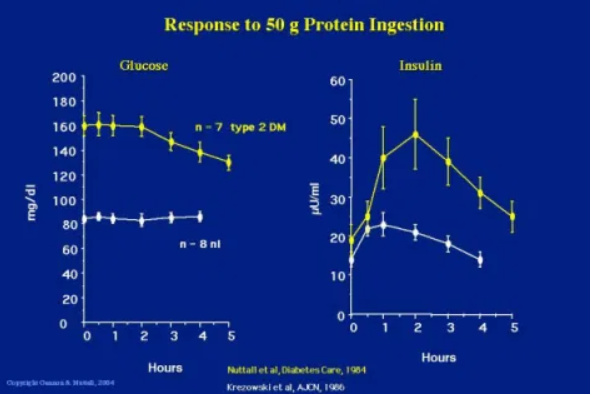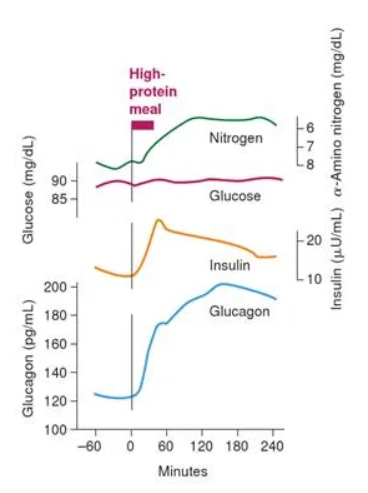Hi! I’ve been dabbling with keto without much success for a few months. Mostly because I’m not going long before a sweet craving takes me out. And perhaps I don’t need to eat quite as much fat as the plan says I should. Anyway, I’m back at it again starting 2 days ago, and hoping to get clear about my macros, and my related goals.
I would love advice about how much protein i need, and if I should really be eating this much fat.
Right now I’m using the app Carb Manager to calculate goals and track. I am 45 years old, lightly active (i do cardio 3 times per week, and power yoga 1 time per week), I’m 5-11", and I weigh 215 lbs / 98kg. According to carb manager I should be eating 96g of protein, 119g of fat, and 19g of carb. According to the internet, I should eat between .7-.9 grams of protein per lb, which would put me at 150-193g (https://www.healthline.com/nutrition/5-most-common-low-carb-mistakes#TOC_TITLE_HDR_3). According to Carb manager my calories should be at 1500 for weight loss.
Reading through the forum, it seems folks agree that one should hit their protein goals, and only eat fat until full. The internet also warns that excessive protein intake will result in not going into ketosis. The range here is pretty different. I’m struggling to eat even 96g of protein, and 119g of fat. And since I haven’t lost any weight (in fact I’ve gained), I hesitate to eat more.
Which would you do? Any other tips are appreciated. Thanks in advance.



